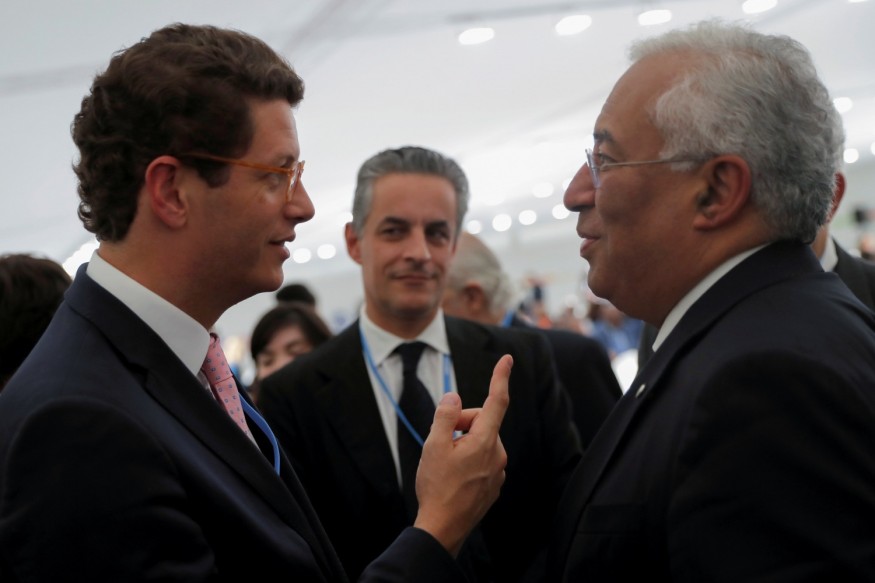
The world's efforts to stop climate change have so far been "utterly inadequate," and dangerous global warming could pass the "point of no return," United Nations (UN) said.
Speaking before the start Monday of a two-week international climate conference in Madrid, UN Secretary-General Antonio Guterres said the impact of increasing temperatures and extreme weather is already being felt worldwide - with drastic consequences for humans and other species.
The UN Official noted that the world has the resources, scientific knowledge, and the technical skills to fight global warming, but underscored the lack is political will in pushing the agenda.
"The point of no return [will not happen anytime sooner]," Guterres told reporters in the Madrid, adding that the climate crisis is already in sight and hurtling toward humanity.
Guterres underscored the mounting scientific evidence of the effects human-made emissions of greenhouse gases that the planet is already facing, including record temperatures and melting polar ice.
But he underscored that his message was "one of hope" as the war against nature must stop, and almost everyone knows that it is possible.
The nations who signed in Paris four years ago pledged to reduce global warming to below 2 degrees Celsius (approximately 3.6 degrees Fahrenheit) by the end of the century compared to pre-industrial times. Average temperatures have already increased the amount by about 1 degrees Celsius, leaving little room for the more attainable objective to be achieved.
Growing demands from citizens - particularly young people - have shown there is a widespread desire for climate action, according to Guterres.
The UN Official underscored that there is a need for a political will to tax pollution instead of people apart from nations stopping carbon, subsidiaries on fossil fuels, and building coal power plants.
Some 70 countries - including several some countries most vulnerable to climate change - have vowed to stop emitting more greenhouse gases by 2050, said Guterres.
"[We see] that the world's largest emitters are not pulling their weight. And without them, our goal is [unattainable]," Guterres said.
The UN chief expected that the meeting in Madrid would see governments make more attainable pledges ahead of a deadline to do so in 2020.
Creating a worldwide market for emissions - which is a crucial element of the sixth article of Paris agreement - remained among the most controversial issues for negotiators, according to Gutierres.
"We are here to [search for] solutions for [Section 6 instead of finding] excuses," Guterres said. He also announced that Bank of England governor Mark Carney would become his new special envoy on "climate action and climate finance" from next year.
International climate conference
More than 20,000 visitors, including some 50 heads of state and government attended the Monday's opening. Scientists, seasoned negotiators, and activists are also expected during the two-week meeting.
Delegates from almost 200 countries would attempt to do the finishing touches on the rules governing the 2015 Paris climate agreement at the December 2-13 meeting. The meeting would include how to produce functioning international emissions trading systems and help the developing countries for the losses they endure from rising sea levels and other consequences of climate change.
© 2025 NatureWorldNews.com All rights reserved. Do not reproduce without permission.





